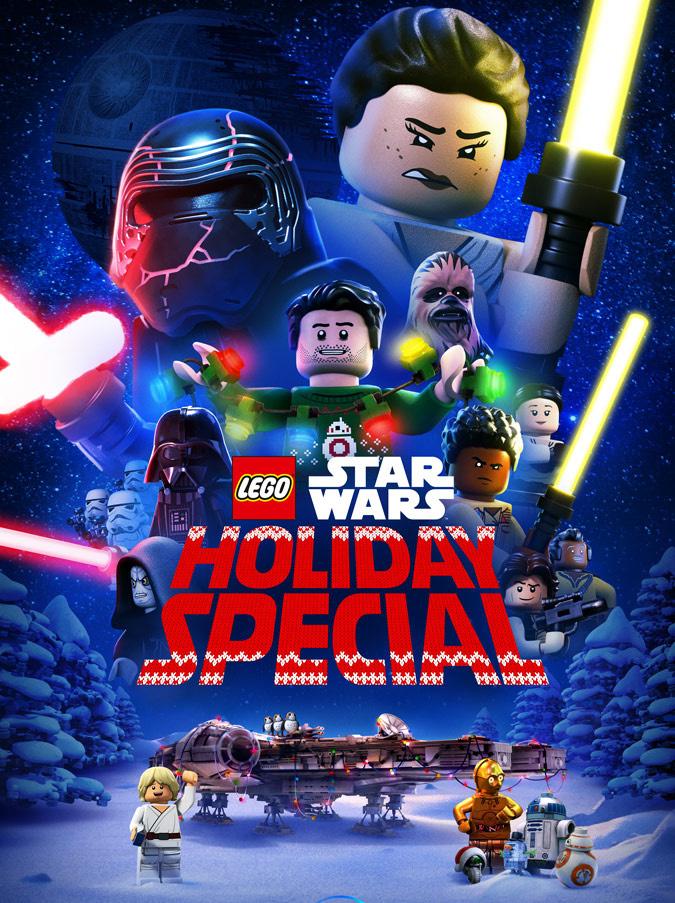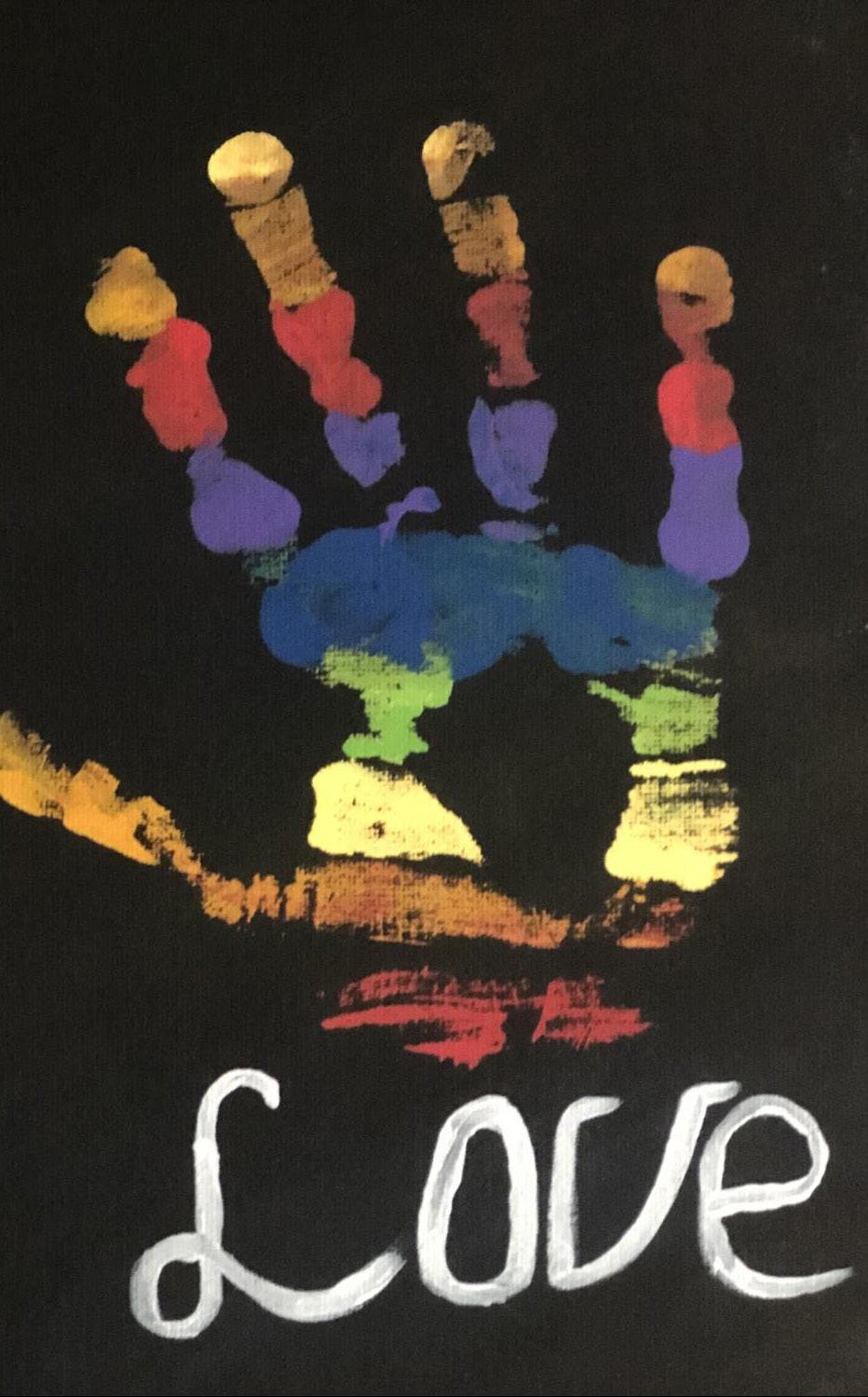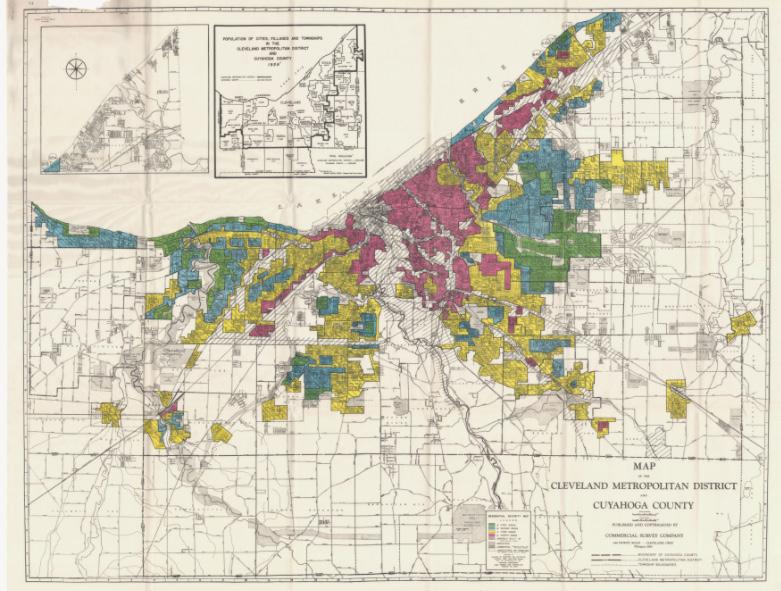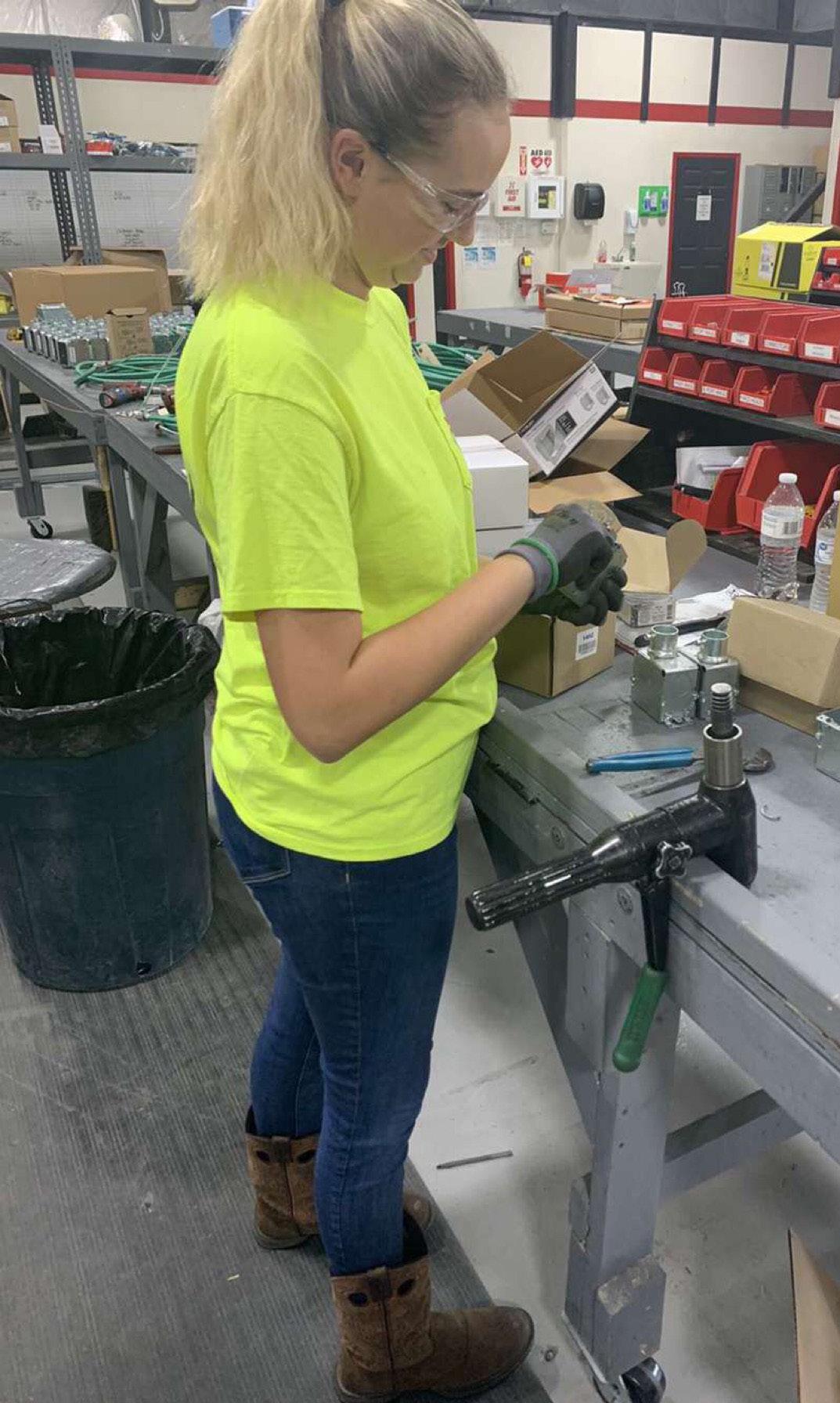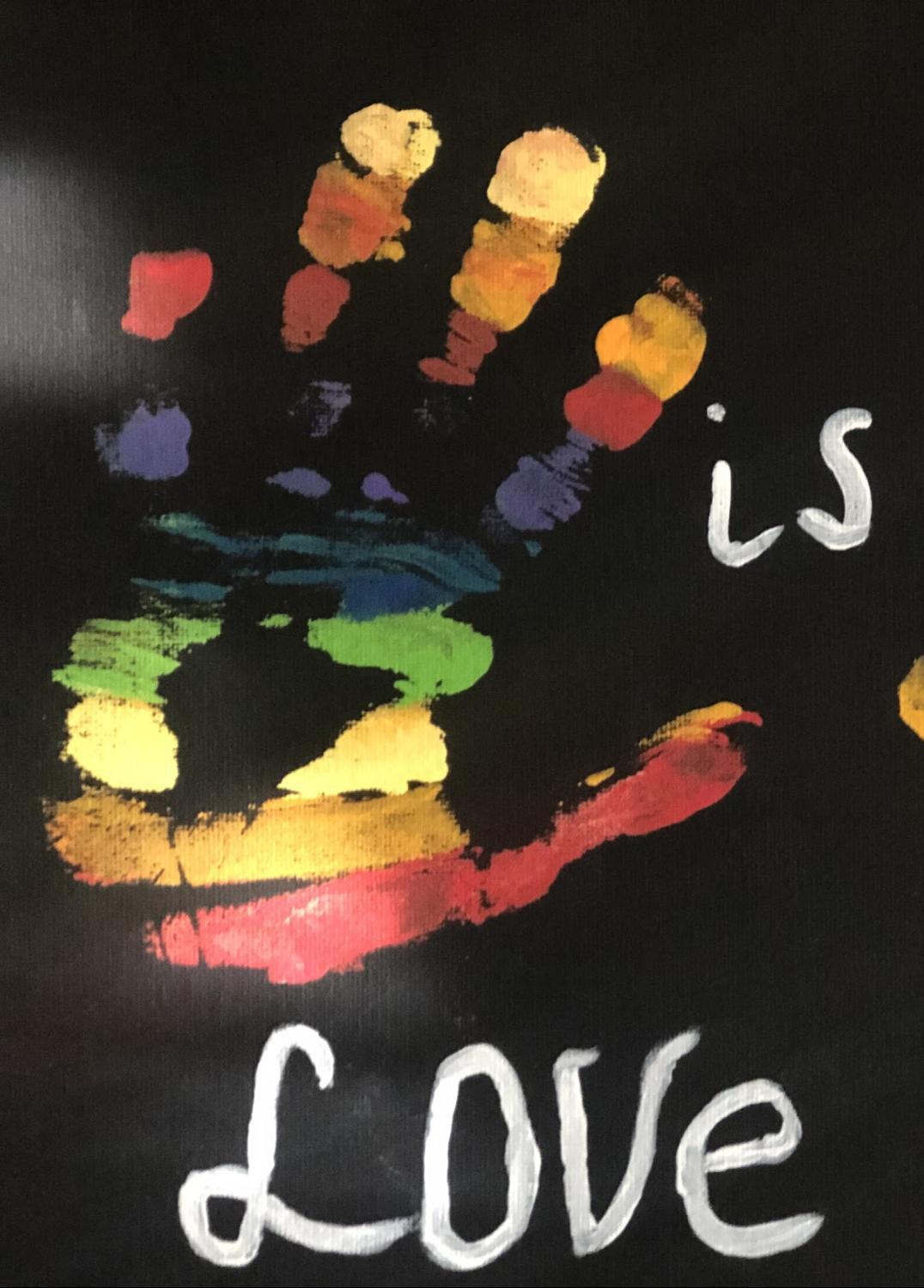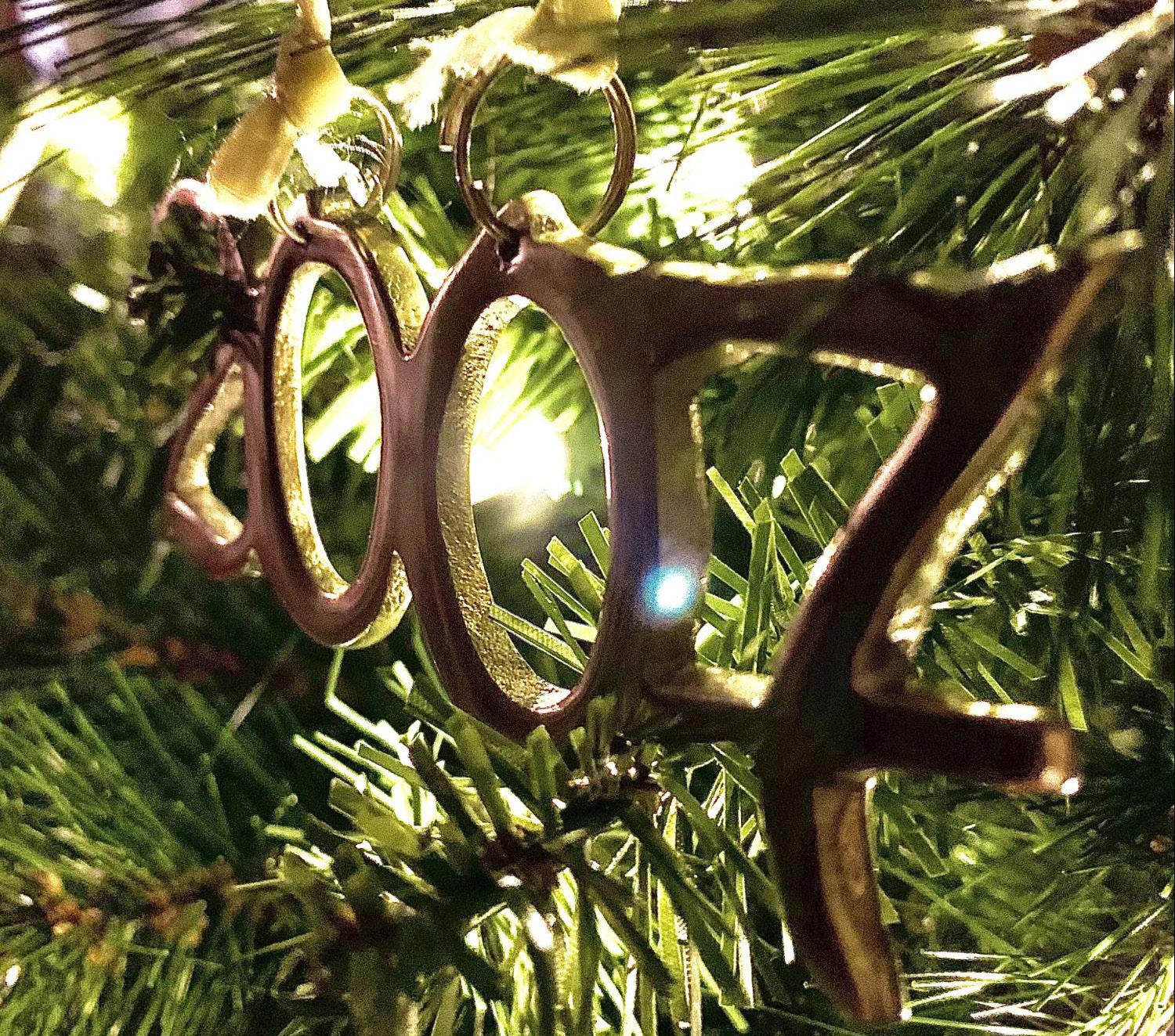
4 minute read
OPINION: SOCIAL MEDIA’S DAMAGE
As social media continues in 2020, teens and tweens continue to not use caution.
BY PETER CARAM
OPINION: C SOCIAL MEDIA: FRIEND OR FOE? an Royalton teens successfully navigate the rough waters of social media that even many adults struggle with? “Please put your phone away umentary-style film that shined a light on the dangers of social media. The theme of the documentary is that while all of the major apps - Facebook, Instagram, Twitter, and even Google during dinner.” - appear to be “free” to the user, they actually are
“That song you are dancing to on Tik Tok is far from it. “If you are not paying for the prodtotally inappropriate for someone your age.” uct, you are the product,” said Andrew Lewis.
“No, you cannot have an Instagram account.” All of these apps are constantly gathering infor-
There are times that I think that 90% of the mation on all of their users, which they can sell conversations my mom has with my 12-year-old to advertisers trying to reach consumers meeting sister are about social media. I thought about a specific profile. In effect, all of our social methis constantly when I recently watched a mov- dia actions - our “likes” and “shares” and “clicks” ie on Netflix called The Social Dilemma, a doc- - assist these multi-billion dollar companies in 10 | THE ROYAL NEWS
fine-tuning our personal profile to be more specific. “At the same time, these apps use our profile against us,” feeding us more and more of what we have already shown - through our actions - that we love in order to keep us engaged.
It is precisely this feature of all of our favorite social media apps that is dividing our country into two very different nations. My news feed may look nothing like my neighbor’s news feed, and as more and more people rely on social media to consume their news and engage in discussions on current events, we are finding that we are living in a world that knows no common truth. The Social Dilemma also paints a picture of how dangerous social media is to teens like myself and my classmates. The world we are growing up in is consumed by social media and its effects - both positive and negative. Unlike our parents, we do not have a point of reference - memories of a world without social media - to give us perspective on the constant rush of information in front of us. Without this knowledge, will it be possible for my generation to effectively find the good that social media offers, without being consumed by the bad? I believe we can, if we utilize our high school years to “dip our toes in the water” as mostly spectators before becoming more active and creating a defining digital footprint.
We do not have the benefit our parents did of growing up in a time with a Tom Brokaw or a Dan Rather that could be looked at as an objective news anchor reporting widely-accepted facts. These people gave their generation the chance to form their own opinions over years as they became adults. Today, as my dad has pointed out, you cannot tell your Alexa sitting innocently behind the kitchen sink to “tell me news from Fox News” or “tell me news from MSNBC” without unintentionally communicating our political beliefs and telling our friendly Smart App to feed us more of the same.
Gina Stabile, ELA teacher at North Royalton Middle School, believes “teens need to learn social media while living under their parents’’ roof so they can engage their parents for guidance. “I think there’s always a certain level of danger when you put yourself out there,” Stabile said. But what if we don’t “put ourselves out there?” What if we just watch what’s out there?
My parents took two different approaches to social media during the divisive election season. My mom sometimes “blocked” people for 30 days at a time when they posted opinions or articles she did not agree with. My dad was careful not to “like” or share any opinions or articles because he has dozens of friends on both sides of the political divide and he found it educational to be able to see thoughts and commentary from different viewpoints as he was trying to make up his own mind. There is a lesson to be learned by teens in both of these approaches.
Teenage life is famously full of drama. Rather than friending and unfriending our classmates through the drama, my mom’s use of the “pause button” seems like a wiser move to me. And instead of diving headfirst into the drama, my dad’s choice to sit on the sideline and keep an open mind rather than participating in the drama would seem to provide a steadier journey through the choppy waters of teenage life.
The irony of social media is it gives us the opportunity to connect with people from all over the globe giving us access to hundreds of diff`erent beliefs and unlimited knowledge - the world as an open book. But the more we engage with this world, the more we “write the book” on who we are, the smaller that world becomes as the algorithms that drive the profits of these billion dollar social media companies limit the scope of what we see in our own individual news feeds. I strongly believe that choosing to leave as small a digital footprint as possible during our teenage years is the best way to use social media to our benefit - why be in a hurry to write your own book when there is a library as big as the universe that is just one click away?

